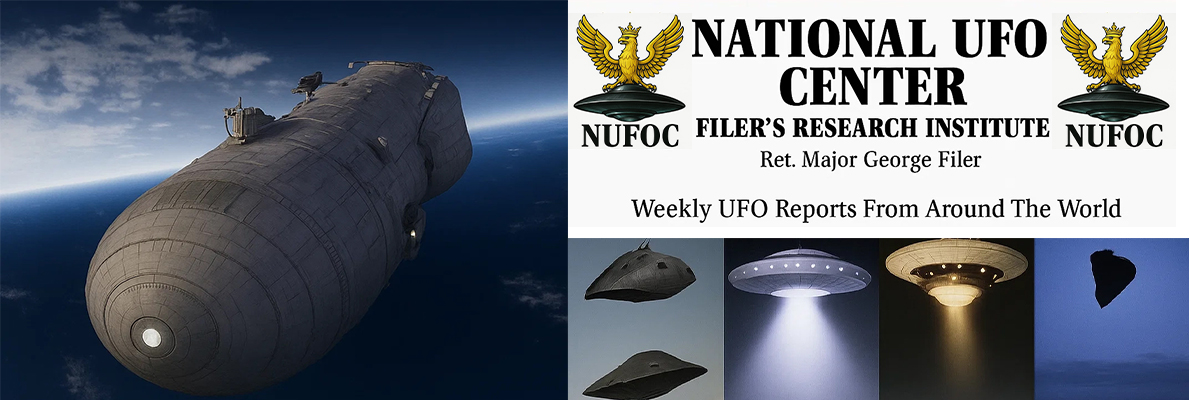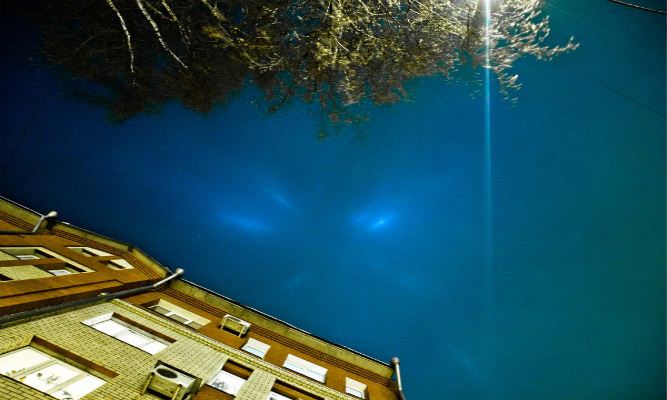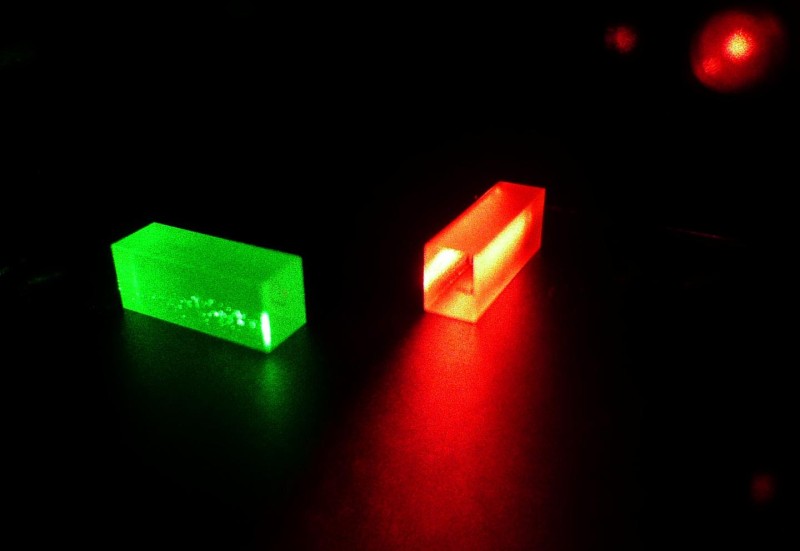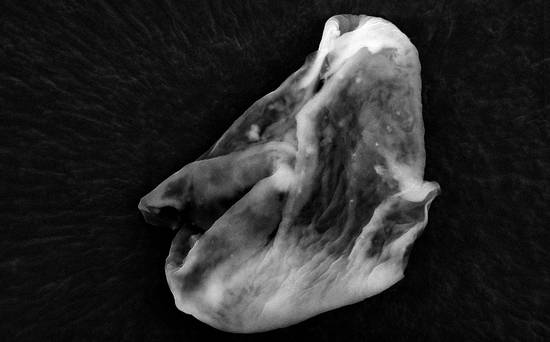
A team of British scientists is convinced it has found proof of alien life, after it harvested strange particles from the edge of space.
The scientists sent a balloon 27km into the stratosphere, which came back carrying small biological organisms which they believe can only have originated from space.
Professor Milton Wainwright told The Independent that he was “95 per cent convinced” that the organisms did not originate from earth.
“By all known information that science has, we know that they must be coming in from space,” he said. “There is no known mechanism by which these life forms can achieve that height. As far as we can tell from known physics, they must be incoming.”
Some of the samples were captured covered with cosmic dust, adding further credence to the idea that they have originated from space.
“The organisms are not usual,” said Professor Wainwright, who works at the University of Sheffield’s Department of Molecular Biology and Biotechnology. “If they came from earth, we would expect to see stuff that we find on earth commonly, like pollen.”
“We’re very, very confident that these are biological entities originating from space,” he said, acknowledging that absolutely certainty is hard to achieve in science.
The team believes that the entities are coming from comets, which are big balls of ice shooting through space. The samples were collected during a meteorite shower from a comet. As they hit the earth’s atmosphere, the comets melt – ablate, to give it a technical term – releasing the organisms as they break down.
“The particles are very clean,” added Prof Wainwright. “They don’t have any dust attached to them, which again suggests they’re not coming to earth. Similarly, cosmic dust isn’t stuck to them, so we think they came from an aquatic environment, and the most obvious aquatic environment in space is a comet.
“They’re very unusual beasts, not your normal kind of life from earth.”
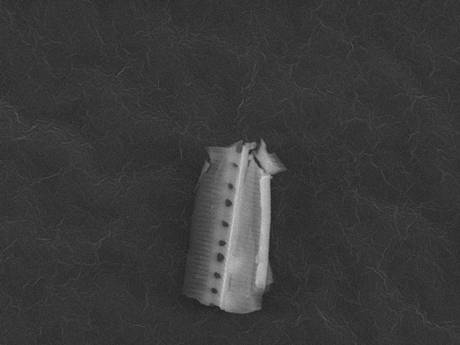
The organisms are probably not alive, but, excitingly, probably do contain DNA. Similar ones harvested during an earlier experiment have contained the chemical, which is one of the fundamental building blocks of life on earth.
The fact that they contain DNA is probably one of the most exciting aspects to this discovery, as it is a big hint that life on earth may itself have extraterrestrial origins.
“If we’re right, it means that there’s life in space, and it’s coming to earth. It means that life on earth probably originated in space,” said Professor Wainwright. “Statistically, there’s no reason why life should originate on earth. There are billions and billions of comets, but most biologists are stuck on earth.
“The earth is an open system with biology raining down on it as we speak.
“It’s almost too amazing to believe.”
He scotched the theory that the life forms arrived in the upper atmosphere after being blasted there from a volcano.
“The last volcano was three years ago, and the matter has all been deposited by now,” he said.
Professor Wainwright’s team is hoping to extend and confirm their results by carrying out the test again in October to coincide with the upcoming Halley’s Comet-associated meteorite shower when there will be large amounts of cosmic dust. It is hoped that more new, or unusual, organisms will be found.
The group’s findings have been published in the Journal of Cosmology and updated versions will appear in the same journal, a new version of which will be published in the near future. Professor Chandra Wickramasinghe of the Buckingham University Centre for Astrobiology also gave a presentation of the group’s findings at a meeting of astronomers and astrobiologists in San Diego last month.
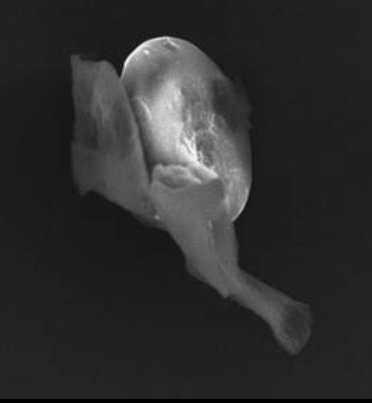
Despite these fantastical claims, the Journal of Cosmology has had its reputation called into question more than once by other members of the scientific community.
